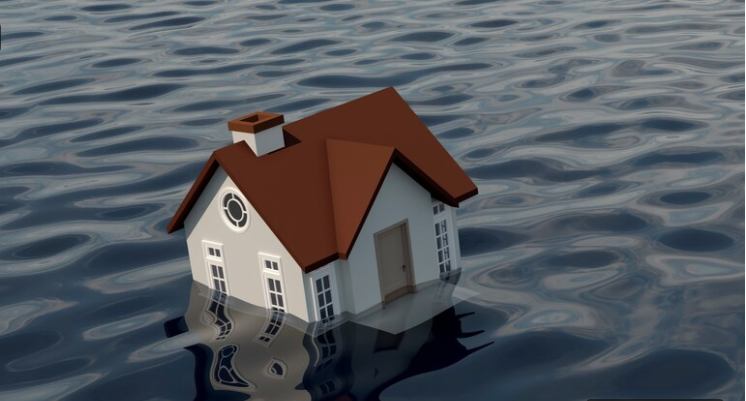Insurance You Need for a Flood
Flooding can cause severe and costly damage to homes, yet it’s not covered by standard homeowners insurance. To protect your property from flood-related losses, you’ll need a separate flood insurance policy either through a federal program or a private insurer. Understanding the right type of flood insurance ensures you’re financially prepared for rising water, especially in flood-prone areas like many parts of Texas.
Flood Insurance: Not Included in Homeowners Policies
Most standard homeowners insurance policies explicitly exclude damage from flooding caused by rising water, storm surges, flash floods, or overflowing rivers and bayous. Even homes outside designated high-risk zones are vulnerable to unexpected flooding during hurricanes or heavy rainfall. To fill this coverage gap, you need dedicated flood insurance, which is purchased separately.
National Flood Insurance Program (NFIP)
The National Flood Insurance Program, managed by FEMA, is the most common source of flood coverage. Available to homeowners, renters, and business owners in participating communities, NFIP policies cover both structural damage and personal property losses caused by flooding. The standard NFIP policy provides up to $250,000 for the building and $100,000 for contents. It’s available even if your home has flooded in the past and offers guaranteed availability regardless of your flood zone.
However, NFIP coverage is limited in some areas. It often excludes additional living expenses, basement renovations, and complete replacement cost coverage for contents. Private flood insurance can offer additional protection in this scenario.
Private Flood Insurance Options
Independent insurers offer private flood insurance, which is often more flexible than NFIP policies. It could include greater limits, additional living expenses (ALE), full replacement cost for belongings, and more comprehensive coverage for basements or detached structures. Some private insurers may also provide lower premiums for houses in moderate-risk or recently improved neighborhoods.
Private policies are especially valuable for homeowners who require more than $250,000 in building coverage or who seek more comprehensive protection than the NFIP provides. However, eligibility and pricing may differ depending on flooding history and area.
Conclusion
To protect against flood damage, it's best to have a separate flood insurance policy, either through the NFIP or a private provider. Standard home insurance won’t cover flood losses, so understanding your risk and securing the right flood policy is essential—especially in regions vulnerable to heavy rain, hurricanes, or storm surges.






